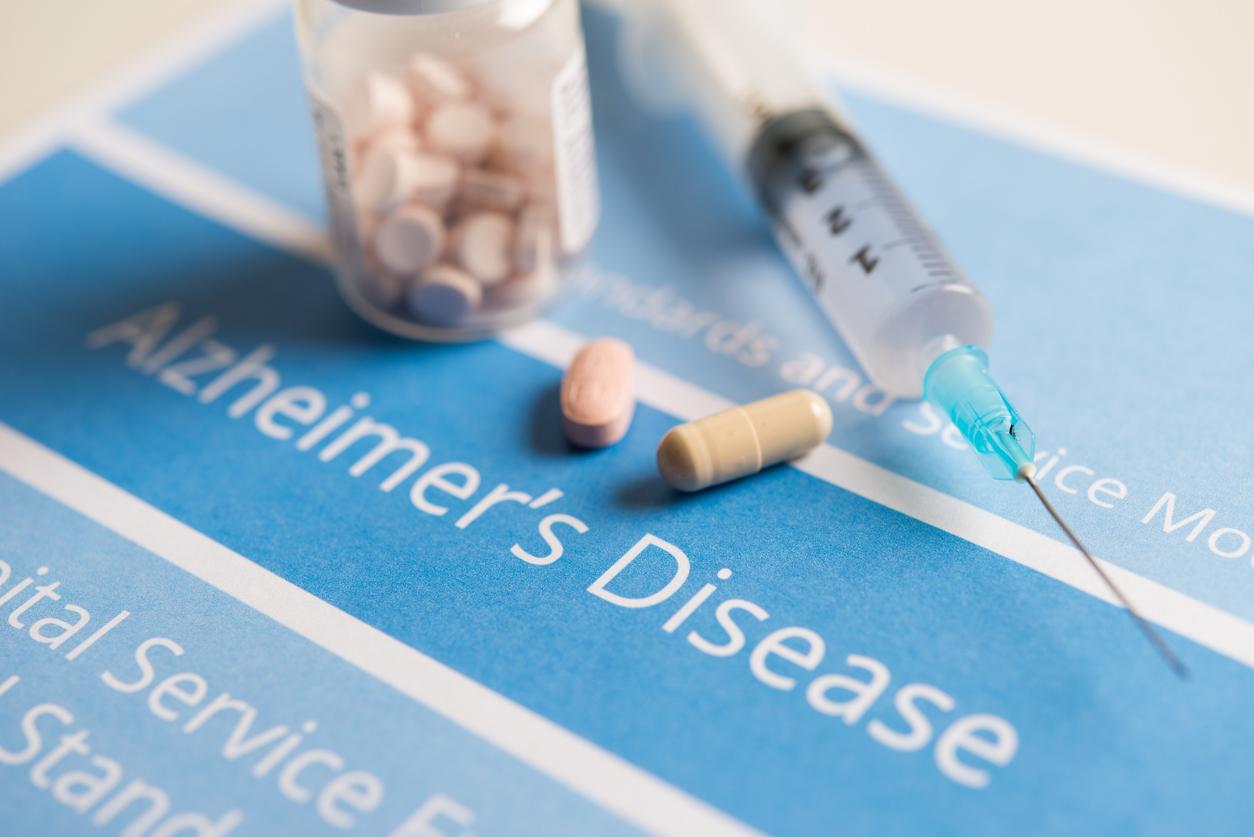After menopause, replacing animal proteins with vegetable proteins can reduce the risk of death from dementia by 21%.

- The consumption of vegetable proteins reduces the risk of death from all causes by 9% and the risk of dying from cardiovascular disease by 12% in postmenopausal women.
- Conversely, a higher consumption of red meat or animal protein increases the risk of death from dementia by 20%.
In Lyon school canteens, dishes with meat have disappeared from the menus. If this decision is debated, such a diet would be beneficial for health, especially that of postmenopausal women. A new study conducted by a team of researchers from the University of Iowa and published on February 24 in the Journal of American Heart Association (JAHA) suggests that such a diet reduces the risk of death from dementia by 21%.
More than 100,000 postmenopausal women took part in the study
The researchers analyzed the data of more than 100,000 postmenopausal women aged 50 to 79 who participated in the Women’s Health Initiative study between 1993 and 2017. When they enrolled in this study, the volunteers informed, by questionnaire food, their intake of plants (fruits, vegetables and legumes), vegetable proteins (especially tofu, nuts, beans and peas), eggs, dairy products, poultry, red meat, fish and shellfish. During the follow-up period, 25,976 deaths were recorded, including 6,993 deaths from cardiovascular disease, 7,516 from cancer and 2,734 from dementia.
Detailed analysis of data collected during the 24 years of study revealed the health benefits of plant protein in the diet. Compared to postmenopausal women who consume the least plant protein, those with the highest plant protein intake have a 9% reduced risk of death from all causes, of death from cardiovascular disease reduced by 12% and dementia-related deaths reduced by 21%.
Eggs, good against dementia but not against cancer
Conversely, a higher consumption of red meat or animal protein increases the risk of death from dementia by 20%. Higher consumption of meat, eggs, and unprocessed dairy products is associated with a 12%, 24%, and 11% increased risk of death from cardiovascular disease, respectively. Eggs consumed in large quantities increase the risk of death from cancer by 10%. Researchers don’t know why high egg consumption increases the risk of cardiovascular and cancer death, but “this could be related to the method of preparing the eggs and their accompaniment”, suggests Dr. Wei Bao, professor of epidemiology at the University of Iowa and lead author of the study. In contrast, higher egg consumption is associated with a 14% reduced risk of dementia-related death.
The researchers conclude that when considering diet, it should be considered as a whole. “Our results support the need to consider dietary protein sources in future dietary guidelines. Currently these guidelines mainly focus on the total amount of protein while they should also consider the type of protein”, they wrote.




-1740653386.jpg)












